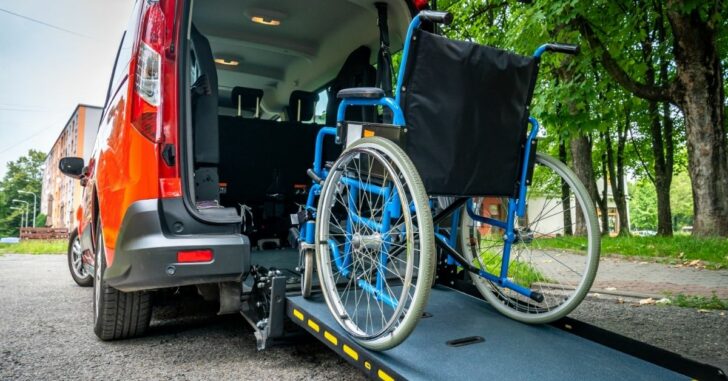The UK’s growing elderly population is transforming healthcare, driving unprecedented demand for critical services like health transport. By 2043, nearly 25% of the population will be over 65, amplifying the need for dependable Non-Emergency Patient Transport Services (NEPTS) and private medical logistics providers. As the NHS grapples with rising patient needs, private companies are stepping up, ensuring safe and efficient transport for vulnerable groups—particularly the elderly.
This demographic trend offers a prime opportunity for investors and business buyers. With healthcare investments on the rise and transport demand surging, acquiring a health transport company is a smart, forward-looking move in the UK’s changing healthcare market.
Rising Demand and NHS Collaborations
The NEPTS sector is booming, fuelled by an ageing population and higher rates of chronic conditions. Forecasts predict an 8.2% compound annual growth rate (CAGR) from 2025 to 2030, driven by NHS outsourcing and growing private healthcare needs. The NHS handles 11-12 million patient trips yearly, spanning 140 million miles, and spends roughly £460 million on NEPTS—about £38 per journey. This reliance on private providers is set to deepen as the government pushes for 40,000 extra weekly appointments under its “NHS fit for the future” plan.
Private operators thriving in this space often secure stable, long-term NHS contracts. For buyers who understand NHS procurement, now is an ideal time to invest.
Key Niches in Private Health Transport
Health transport businesses serve critical needs, offering both profitability and social value. High-growth areas include:
- Renal Dialysis Transport: Comprising 35% of NEPTS trips (4.2 million annually), this niche supports dialysis patients with frequent travel needs.
- Outpatient Transport: Accounting for 43% of journeys, this segment will grow as more elderly patients require appointment shuttles.
- Hospital Discharges: Handling 10% of NEPTS trips, these services ease bed shortages, moving 120,000 patients monthly.
- Elderly Mobility: With 75% of NEPTS users over 65, transport for care home residents is poised for expansion as elderly care funding increases.
- Mental Health Transport: Specialised vehicles for mental health patients are in rising demand amid heightened government focus.
- Medical Supplies Delivery: Time-sensitive, temperature-controlled logistics for healthcare goods are another vital niche.
What Buyers Should Know
Compliance: Operators must meet strict standards from bodies like the Care Quality Commission (CQC) for patient transport and the Medicines and Healthcare products Regulatory Agency (MHRA) for supplies. Environmentally, NEPTS contributes 20% of NHS travel emissions, with a goal of zero-emission fleets by 2035. Early adoption of electric vehicles could give businesses an edge.
Operations: Success hinges on efficient fleet management, staff training, and route optimisation. With 3 million trips cancelled yearly due to poor coordination, advanced booking systems are key. Costs like fuel, maintenance, and staffing—around 10-15,000 workers industry-wide—also factor in.
Why Invest Now?
Mounting NHS pressures and an ageing population make private health transport a thriving market. The £500 million NEPTS spend, paired with expanding outsourcing, signals strong growth potential. Government support for sustainable fleets and contract-based services further sweetens the deal. With an 8.2% CAGR and active mergers and acquisitions, strategic buyers can lock in a lucrative position.
Navigating this sector’s complexities—fleet valuation, compliance, and deal-making—requires expertise. Whether you’re eyeing an acquisition or planning an exit, contact our experts today to seize this growing opportunity in the UK’s healthcare transport industry.
